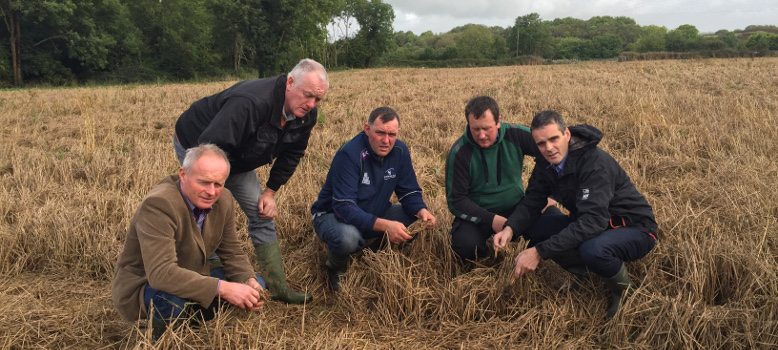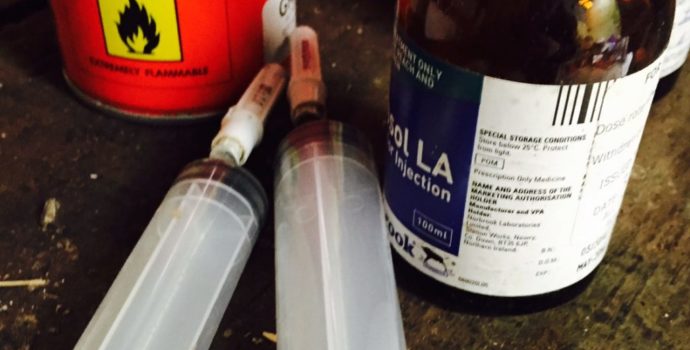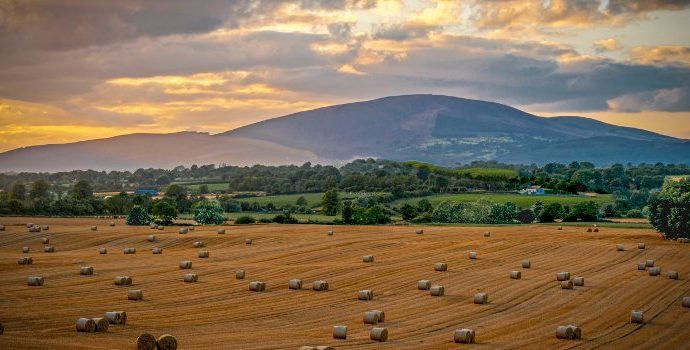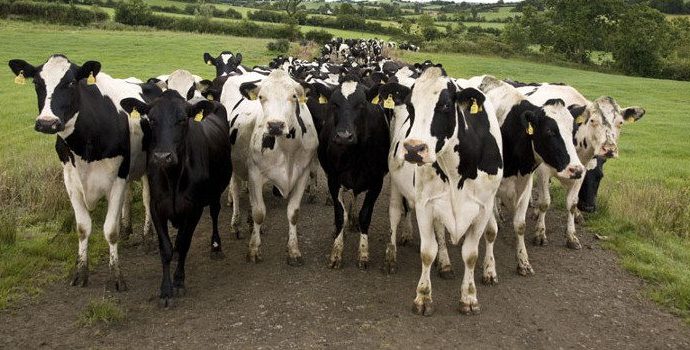Crisis Aid Urgently Needed to Support Tillage Farmers, IFA President Tells Oireachtas Agriculture Committee

Indications that the majority of tillage farms will make negative returns this year heighten the need for urgent action to ensure the survival of the sector, IFA President Joe Healy said today (Tues) at the Joint Oireachtas Committee on Agriculture.
Joe Healy made a strong case for an aid package for the tillage growers who suffered devastating losses this harvest, and called for specific actions to address the deepening income crisis in the tillage sector, which is facing the fourth consecutive year of low grain prices.
The IFA President pointed to recent Teagasc Outlook figures which show the average net margin on tillage farms in 2016 was minus €130 per hectare, while the bottom third of tillage farms are earning a market-based net margin, of minus €440 per hectare.
Crop loss rescue package urgently needed
Joe Healy said the scale of crop losses experienced by individual growers in a number of counties including Cork, Kerry, Galway, Roscommon, Longford, Mayo and Donegal this harvest means some farm families are facing the prospect of no income and significant debt arising from this year’s harvest, a situation from which they will not recover unless support is forthcoming.
“A comprehensive survey of the farmers affected by dire weather this year, carried out by IFA, in consultation with Teagasc and the grain trade, indicates that that individual growers experienced crop losses running from 25% to close on 50%, with straw loss averaging about 50%. We have some individual cases with significantly higher losses.
“It is critical that an aid package is secured and put in place for these growers as a matter of urgency, given the dire financial situation that many of them find themselves in, through no fault of their own,” Joe Healy insisted.
IFA’s proposal is that Government provides direct funding support to farmers who have been affected by severe crop loss in 2016. This could be provided with direct compensation payments of up to €15,000, reflected in the State Aid De Minimis ceiling.
Need for national action plan for tillage
Joe Healy said the severe income drop on tillage farms this year is due to a combination of factors including reduced production for 2016; reduced oilseed and protein crop yields; lower grain and protein prices, reducing Basic Payments, and higher input and working capital costs.
He said to secure the future of the tillage sector at large, it is vital that action is taken to implement the IFA proposals which presented to Minister Creed at the National Tillage Forum.
The details of the IFA Action Plan included the following elements:
- Introduction of a specific crop loss aid package for the tillage sector targeted at the affected farmers;
- Establishment of a feed certification scheme supporting sustainable agricultural production, maximising the use of native grain and proteins in Irish livestock rations in support of Irish growers; and ensuring that harmful weed seeds such as blackgrass and sterile brome etc. are not inadvertently imported into the country;
- Increased use of native grain and Irish malt in the production of Irish whiskies and artisan and craft beers
- Abolition of tariffs and anti-dumping duties on fertiliser imports as fertilisers now account for 30% to 40% of variable production costs.
- Review by the EU Competition Authority of the cost of plant protection products which are priced significantly lower to growers in other regions across the world;
- Increased funding to allow for the expansion of the protein crop area eligible to receive the full coupled payment;
- Immediate roll out of the TAMS investment programme. Working with the Department of Agriculture IFA has put forward a comprehensive set of proposals for TAMs in the tillage sector, and we are pushing for the scheme to be opened as soon as possible;
- A reduction in the burden of compliance for Greening.
- Introduction of a meaningful Renewables Heat Incentive scheme that will enable growers to generate a viable alternative income stream from the sale of biomass crop residues.




